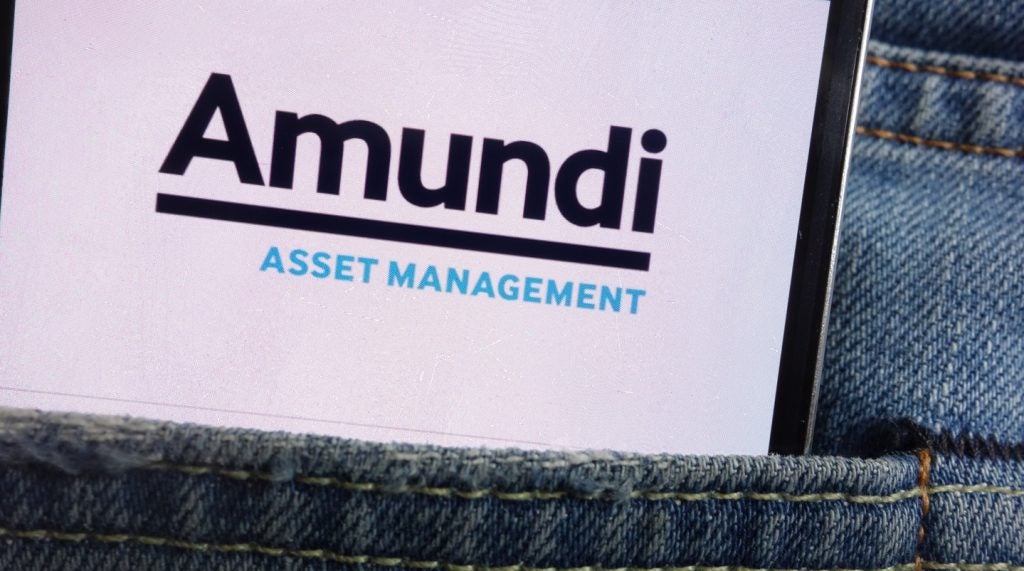
European financial market participants are scrambling for the biggest shake-up in the industry in almost a decade. From Wednesday 3 January 2018, MiFID II comes into effect; virtually changing the way almost every asset class will be traded.
MiFID II is designed to increase transparency and competition in the EU finance sector. The regulation covers asset managers, banks, brokers, pension funds, stock exchange operators and retail investors and is expected to raise investor protection.
Even though MiFID II took more than seven years to legislate, recent research indicates many financial institutions are unprepared for the directive.
For example, Private Banker International published research in early December by cloud service provider Timico highlighting that more than one third of UK-based financial institutions were unprepared for the law.
This comes despite a threat of fines worth €5M or 10% of company turnover looming over firms that do not comply with MiFID II.
Last month, the European Securities and Markets Authority granted firms a six-month extension to ensure that they obtain a Legal Entity Identifier code.
How well do you really know your competitors?
Access the most comprehensive Company Profiles on the market, powered by GlobalData. Save hours of research. Gain competitive edge.

Thank you!
Your download email will arrive shortly
Not ready to buy yet? Download a free sample
We are confident about the unique quality of our Company Profiles. However, we want you to make the most beneficial decision for your business, so we offer a free sample that you can download by submitting the below form
By GlobalDataMiFID II requires all market participants to have an LEI code- a unique 20-character alphanumeric code- in order to engage in trading activity.
ESMA has acknowledged not all companies would have the code in time as venues that trade securities, but issued by non-EU companies are also impacted. In this case, banks and brokers can apply for an LEI on behalf of the client in order to continue trading.
Here are key changes posed to the wealth management industry by of MiFID II:
- Transaction Costs: This information will be given to customers during the point of sale, and also upon completion of the sale.
- Product Governance: Product providers need to define a target market and tell the client how many clients were inside that market.
- Recording telephone conversation with clients: MiFID II requires all communications and conversations that intend to lead to the conclusion of a transaction, even where the transaction is not included to be recorded. This could be problematic, if wealth managers use their personal mobile phones for work purposes.
- Rules on paying for research: Clients will be made aware of the exact amount they are paying for research. MIFID II requires research to be funded by product charges, and from a specific amount that is specifically earmarked for research purposes.
Caroline Escott, investment and defined benefit policy lead at the Pensions and Lifetime Savings Association, said: “Under MiFID II, [pension] schemes will have to deal with a vast range of changes affecting everything from the way in which research is paid for, to the disclosure of cost and best execution information.
“[Pension] schemes could take advantage of the improved research cost transparency to assess where investment research adds value, or use the cost disclosures to improve their due diligence on managers and think about how to achieve better value for money.”







